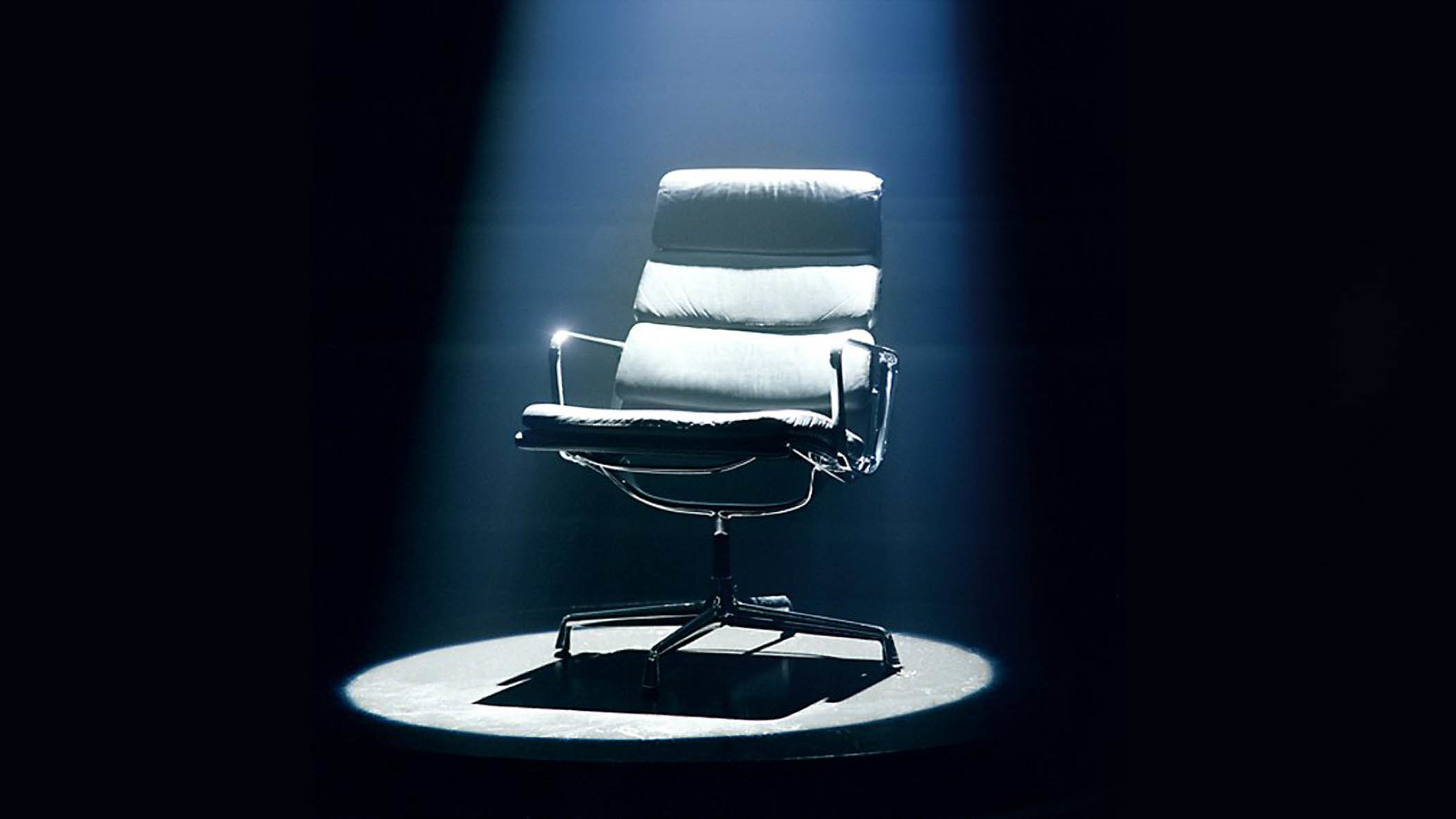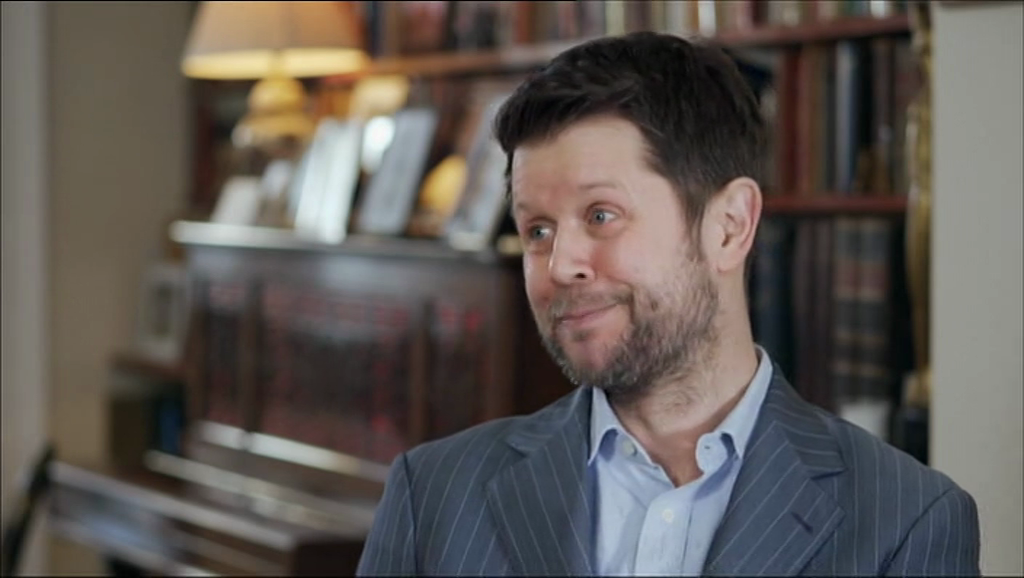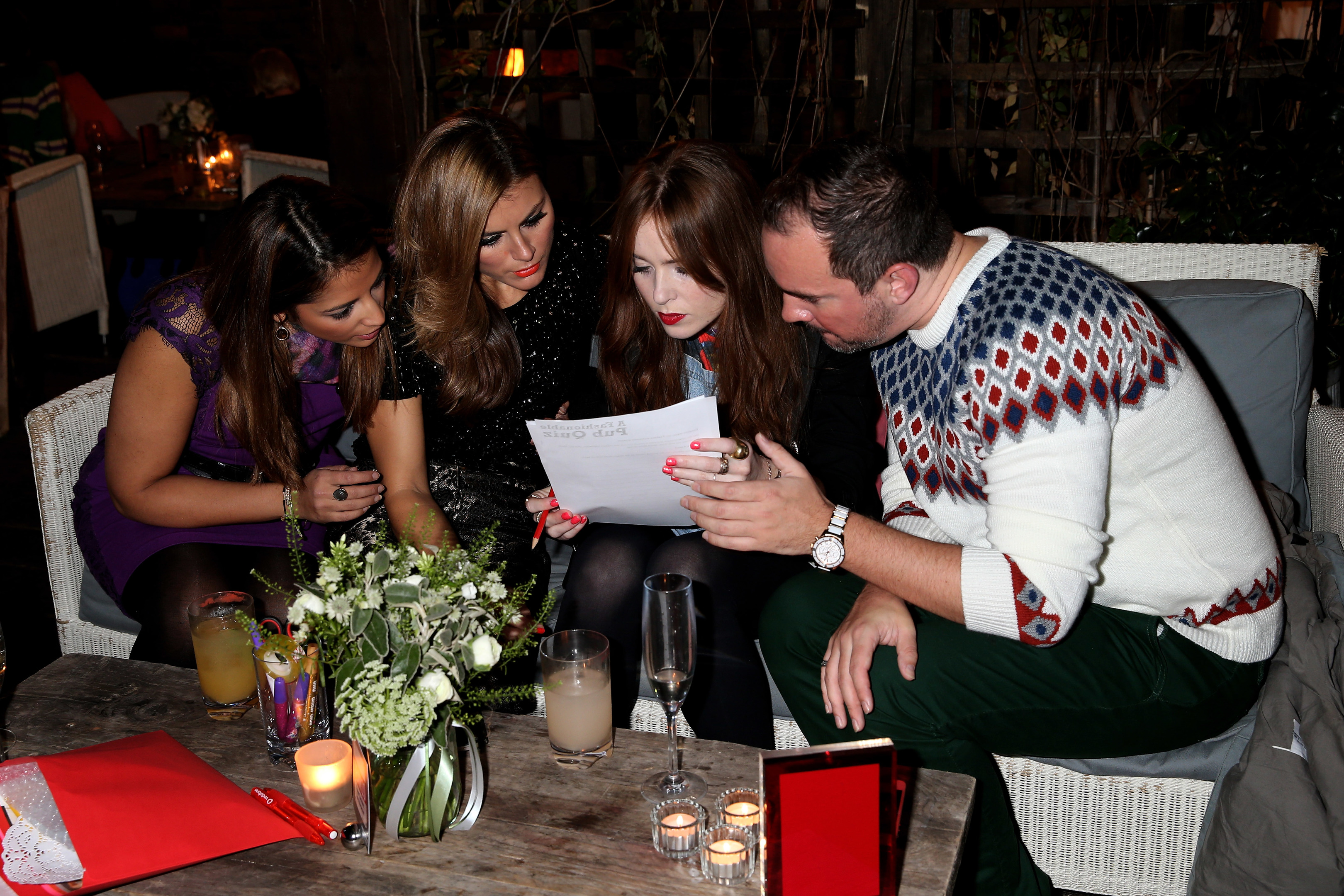
EVERYONE loves a good quiz.
Whether it’s in the pages of The Sunday Post, on a flashy primetime TV show with a fortune up for grabs, on the radio or in the pub with mates, no one can resist pitting their wits against a general knowledge puzzler or two.
Although it seems to have been around for ever, a new book about the pastime has revealed Britain only started to quiz in 1938.
The Joy Of Quiz – written by quiz obsessive and question editor of BBC2’s Only Connect, Alan Connor – is a trawl through the archives for the fascinating and unlikely stories behind quizzes and the major players involved.
“I wanted it to be playful as well as rammed with information,” Alan said.
Here, we pose a few questions of our own as we take a look at the quiz facts Alan uncovered…
Where does the word quiz come from?
Alan found that in the 1797 play, Heir At Law, a personal tutor uses “a quiz” as slang for a weird-looking person.
The word was then used to describe puzzling objects and by the 19th Century it was also used for practical jokers, but no one can pinpoint the first use of the word as we now understand it.
What was the first British quiz?
Following the success of the BBC’s Transatlantic Spelling Bee (quizzes were originally known as bees) on radio in January 1938, it quickly set up its own quiz show.
The General Knowledge Bee, on Regional Programme Northern on April 19, 1938, was a “contest across the Pennines” to establish whether Lancashire or Yorkshire residents knew more.
Random quiz questions first appeared in The Sunday Post in 1941, but the famous Sunday Post quiz as we know it began in 1944.
Which popular British TV quiz is based on the creator’s prisoner of war memories?
Bill Wright was a flight sergeant during the Second World War, before being shot down and captured by the Gestapo. They repeatedly threatened to shoot him as they demanded his name, rank and serial number.
He spent three years in PoW camps, but after the war returned to work for the BBC and, by the late 1960s, was in charge of the Outside Broadcast Quiz Unit.
He needed something to compete with ITV’s University Challenge and one morning, after another of the nightmares in which he heard a voice demanding his name, rank and serial number, he realised he had an idea for a quiz. Bill replaced the name, rank and number with name, occupation and specialised subject, kept the chair, the darkness and the interrogator… and Mastermind was born!
Name five well-known phrases with their origins in TV quizzes.
- Here’s your starter for 10 (University Challenge)
- Is that your final answer? (Who Wants to be a Millionaire)
- I’ve started so I’ll finish (Mastermind)
- That’s the $64,000 question (The $64,000 Question)
- Route one (Quiz Ball)
Which Hollywood star sparked the Trivial Pursuit craze in the ’80s?
It looked like the game’s Canadian inventors, Chris Haney and Scott Abbott, were on to a loser when MB Games and Parker declined their creation.
When it did find a manufacturer, sales were slow, until Glenn Close took a copy of the game on to the set of 1983 film The Big Chill.
She and her co-stars Kevin Kline, Jeff Goldblum and Meg Tilly played the game constantly and when Time magazine reported this, sales rocketed.
In 1984, 22 million boxes of Trivial Pursuit were sold.
Who verifies the questions?
For many of the more serious British quizzes, the questions are “sent to a small team led by a woman in rural south-west England who prefers to remain anonymous,” explains Alan.
Questions are sent in batches and assigned to individual verifiers, who meticulously pore over the minutiae of each question.
When did the pub quiz begin?
Inspired by the new radio shows, quiz events were advertised in the local papers of the 1940s. By the 1970s they had moved to pubs and in the mid-’80s landlady Sharon Burns hit upon a money-making scheme.
She sold quiz night packages to pubs around the country, handling tournament structures, publicity and the supply of questions. She made a fortune.
Why were prizes in British quiz shows so cheap until the ’90s?
Until the end of the ’80s, no British quiz was allowed to give away more than £6000 and most offered less.
This dated back to The Pilkington Report of 1962, which recommended the maximum value of prizes should be greatly reduced.
Alan says: “Many quizzes offered household goods instead. You can judge the era of a TV quiz by the prizes on offer – if it’s a hostess trolley it’s the early ’80s and if it’s a home computer described as if it’s something from outer space, you’re getting closer to the 90s.”
Which American town was renamed after a TV quiz?
NBC’s Truth Or Consequences quiz was so popular that it offered to broadcast an episode of the show from whichever town was first to rename itself. In 1950 the New Mexico town of Hot Springs was renamed Truth Or Consequences.
Who was the first Who Wants To Be A Millionaire winner?
The show was a sensation in its early days. The first winner was Judith Keppel, who won the seven-figure sum on November 12, 2000.
An audience of 14 million watched after the win was leaked in a newspaper, beating the 11 million who tuned in to watch the final episode of One Foot In The Grave on BBC. There would be another five millionaires crowned during the show’s run.
Why are taxi drivers better at quizzes?
An academic paper argued that the hippocampus part of the brain of taxi drivers was significantly bigger in the parts related to memory and it continues to grow bigger as the driver exercises more of the knowledge.
That might explain why cabbie Fred Housego defeated two civil servants and a postgraduate researcher in the final of Mastermind in 1980, which was watched by 18 million.
What is the perfect quiz question?
Alan says: “A good question makes you kick yourself if you don’t get it right. It should also unlock a fun, interesting tale.
“My favourite question is ‘What word was omitted from the screenplay of The Godfather?’
“It works as it gives a way into the tangled tale of how the movie and the Mob came to an agreement about access to filming locations in Little Italy and how the Italian-American Civil Rights League insisted the word be removed from the script.”
The word was mafia.
The Joy Of Quiz is released by Particular Books on Tuesday.
READ MORE
Hit quiz show Pointless set to hit milestone episode
Natasha Raskin has never been so busy with FIVE TV shows to juggle

Enjoy the convenience of having The Sunday Post delivered as a digital ePaper straight to your smartphone, tablet or computer.
Subscribe for only £5.49 a month and enjoy all the benefits of the printed paper as a digital replica.
Subscribe
